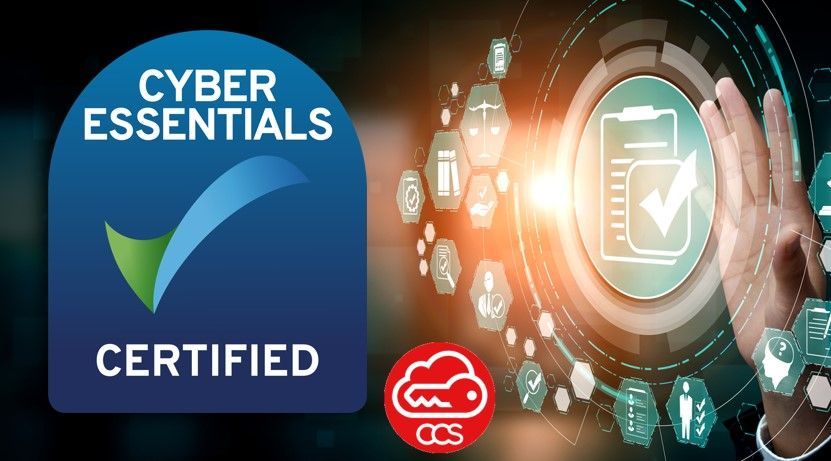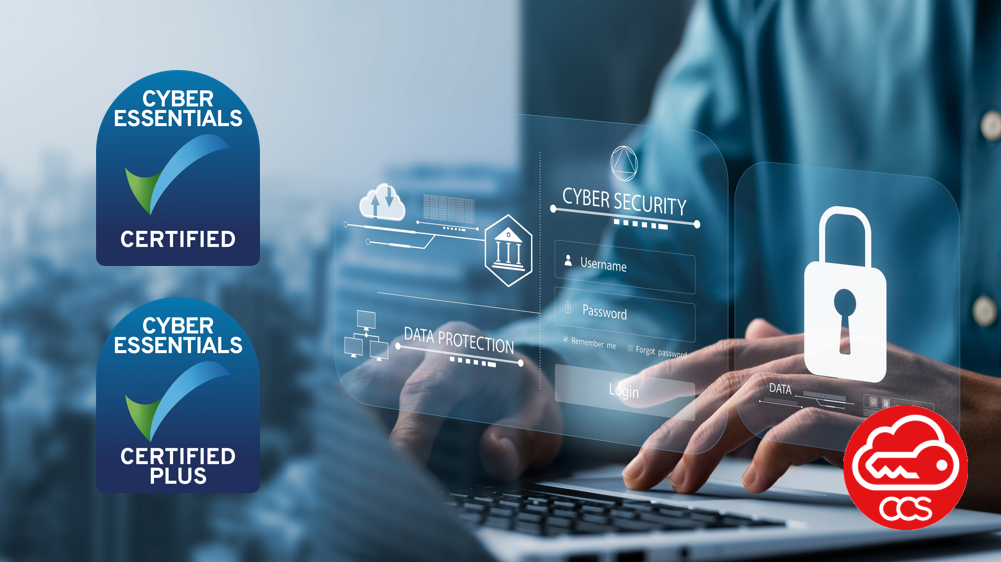Why is cyber essentials certification important for an SME?
In today's digital age, cyber security is a critical factor for businesses of all sizes. Small and Medium-sized Enterprises (SMEs) are particularly vulnerable to cyber threats due to their limited resources and lack of expertise. Cyber attacks can lead to financial losses, reputational damage, and even the closure of the business. Therefore, it's essential for SMEs to take steps to protect themselves against cyber threats. One effective way to do this is to obtain Cyber Essentials certification. In this context, Cyber Essentials is a government-backed scheme designed to help businesses improve their cyber security posture by implementing basic cyber security controls. In this article, we'll discuss the implications of not having Cyber Essentials and the importance of Cyber Essentials certification for SMEs, and how it can benefit their business.
What are the implications of not having Cyber Essentials Certification?
Not having Cyber Essentials certification can have significant implications for an SME (Small and Medium-sized Enterprise) company. Here are some of the potential consequences:
- Increased Risk of Cyber Attacks:
- Without Cyber Essentials certification, an SME is more vulnerable to cyber threats such as phishing attacks, malware infections, and data breaches. These can result in the loss of sensitive data, financial losses, and reputational damage.
- Loss of Business:
- Many customers, particularly large organisations, require their suppliers to have Cyber Essentials certification as a prerequisite for doing business with them. Without certification, an SME may lose out on potential contracts and revenue.
- Regulatory Non-Compliance:
- In some industries, such as finance and healthcare, cyber security regulations require companies to have certain controls in place to protect sensitive data. Not having Cyber Essentials certification could result in non-compliance and potential fines or legal action.
- Reputational Damage:
- In the event of a cyber attack, an SME's reputation can be severely damaged. Customers may lose trust in the company's ability to protect their data, leading to a loss of business and negative publicity.
- Increased Costs:
- Recovering from a cyber attack can be expensive, both in terms of financial costs and the time and effort required to restore systems and data. Implementing the basic Cyber Essentials controls can help to prevent such incidents and save an SME from these costs.
Why is Cyber Essentials Certification important?
Cyber Essentials certification is important for an SME (Small and Medium-sized Enterprise) company for several reasons:
- Protection against Cyber Threats:
- Cyber Essentials certification is a government-backed scheme designed to help businesses protect themselves against a range of common cyber-attacks. By implementing the Cyber Essentials controls, an SME can significantly reduce its risk of being targeted by cybercriminals and protect its sensitive data.
- Improved Business Reputation:
- Cyber Essentials certification demonstrates to customers, partners, and investors that the SME takes cyber security seriously. It shows that the company has taken steps to secure its systems and data, which can improve the company's reputation and help to win new business.
- Competitive Advantage:
- In today's digital landscape, cyber security is a critical factor for businesses of all sizes. By achieving Cyber Essentials certification, an SME can differentiate itself from its competitors and demonstrate its commitment to cyber security.
- Compliance:
- Cyber Essentials certification is becoming increasingly important in meeting the compliance requirements of many organisations. For example, in the UK, Cyber Essentials is a mandatory requirement for all central government contracts that involve handling sensitive and personal information.
- Cost-Effective:
- Cyber Essentials certification is a cost-effective way for an SME to improve its cyber security posture. The certification provides a clear roadmap for implementing basic cyber security controls and can be achieved for a relatively low cost.
In summary, not having Cyber Essentials certification can increase an SME's risk of cyber attacks, result in lost business opportunities, lead to regulatory non-compliance, cause reputational damage, and result in increased costs. Therefore, it's essential for SMEs to consider obtaining Cyber Essentials certification to protect their business and their customers' data.
Overall, Cyber Essentials certification can help an SME to protect its business, enhance its reputation, gain a competitive advantage, comply with regulations, and do so in a cost-effective manner.




